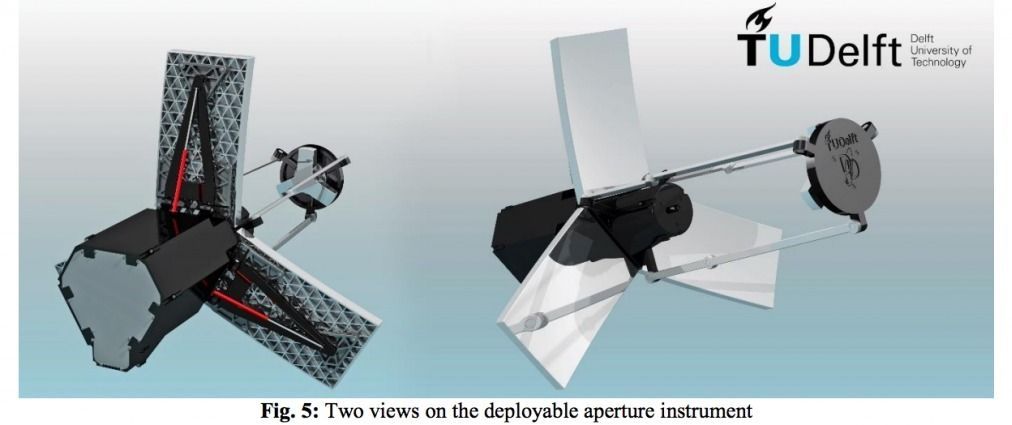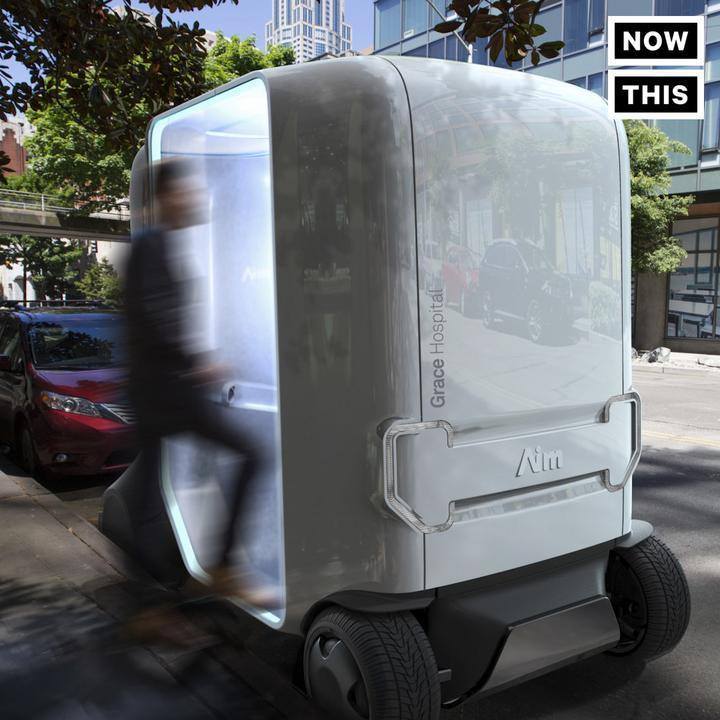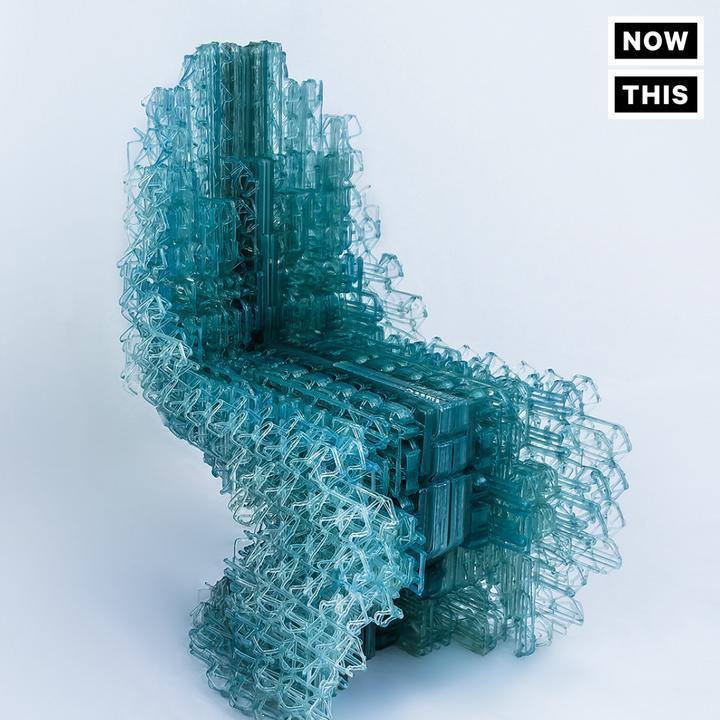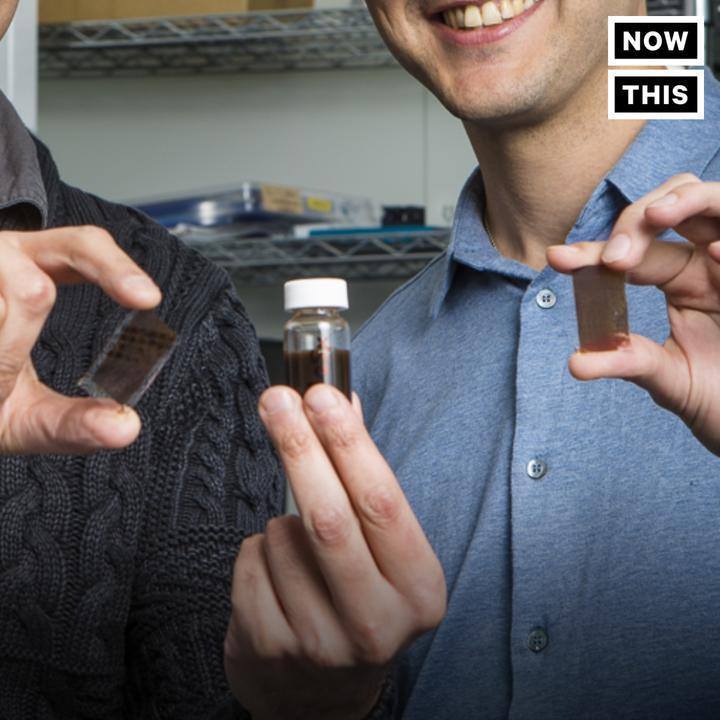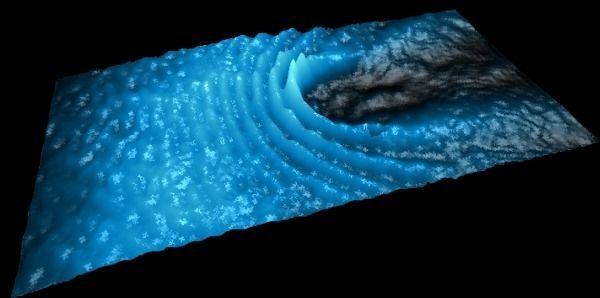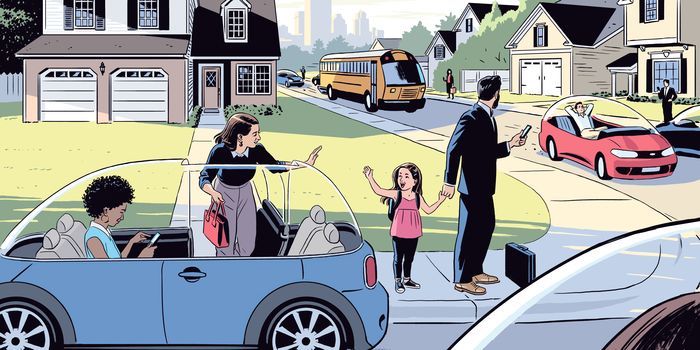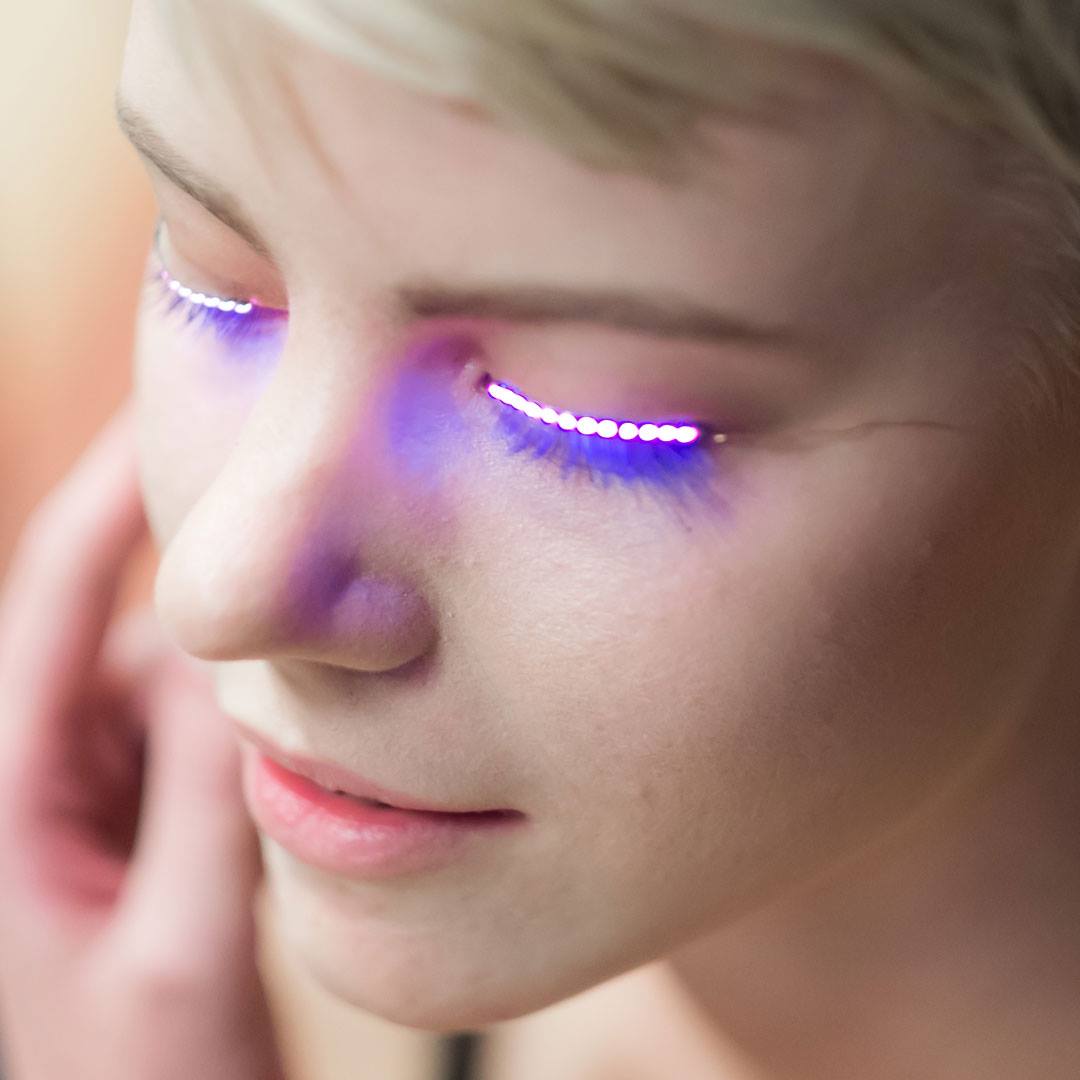Constellation of microsats could achieve global big brother monitoring of the world at 0.25 meter resolution.
Smart Paint Harvests Energy
Posted in energy
Researchers from Italy and Canada have made liquid light at room temperatures for the first time. The work paves the way for studying quantum hydrodynamics further and for future applications of this new type of matter in electronics devices.
Thanks to technological advances, scientists now have various ways of manipulating matter. Often times, these result in discovering new types of matter that posses unique properties — like the famous metallic hydrogen and the bizarre time crystal. The discovery of such materials leads to a wide range of potential applications in electronics. One of these is the so-called “liquid light,” a strange matter which researchers from the CNR NANOTECH Institute of Nanotechnology in Italy and the Polytechnique Montréal in Canada recently formed at room temperature for the first time.
The End of Car Ownership
Posted in robotics/AI, transportation
These eyelashes light up and change their patterns when you move around. Send to your extra AF friend who would definitely wear these.
For more info check out: http://flashes.se/
